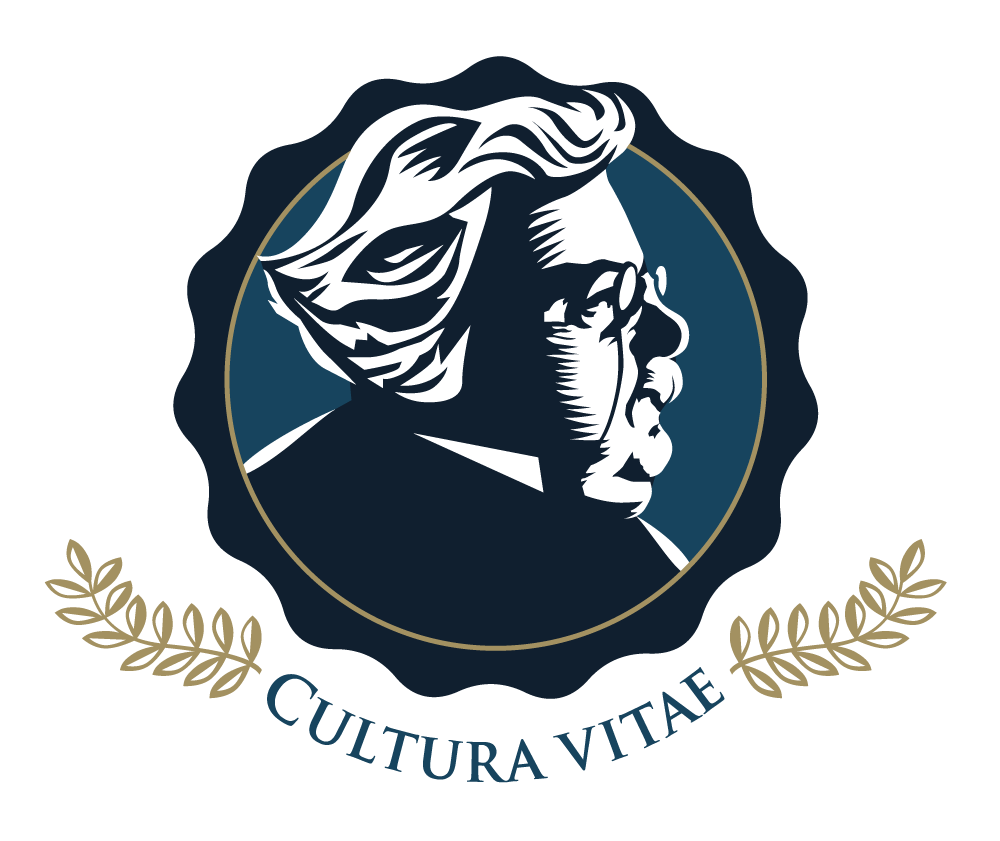The Chesterton Difference
Our Mission: Supporting Parents as Primary Educators
The mission of Chesterton Academy is to help parents raise up a generation of joyful saints and leaders, educated in the classical, liberal arts tradition and the truths of the Catholic faith, in order to serve the common good.
Our Model of Education
Inspired by Saint Pope John Paul II, we take as our motto Cultura Vitae, the culture of life. We make it our mission to prepare our students to triumph over the materialism and despair that pervade our culture and to accept our Lord's offer to have life and have it abundantly. Our classical curriculum combines a broad liberal arts education with a strong emphasis on the cultivation of Christian virtues and an appreciation of beauty.
Our Three Formation Pillars
The Chesterton Academy model focuses on helping students grow in faith, reason, and virtue. This threefold purpose is supported by three primary pillars of formation:
-
Formation in Faith by fostering a life conformed to Jesus Christ through prayer, the sacramental life, and the works of mercy.
-
Formation in Reason by offering an integrated, liberal arts curriculum through classical pedagogy, orienting students to the discovery of truth.
-
Formation in Virtue by intentional mentorship, the House System, and extracurriculars which form habits of excellence.
In the words of G.K. Chesterton, we seek to teach our students that “there is a whole truth of things and that in knowing and speaking it we are happy.”
Our Patron: G.K. Chesterton
Chesterton Academy is named for the great English writer and Catholic convert, G.K. Chesterton (1874- 1936). Chesterton is a model for our school because he exemplified the Catholic faith through a life filled with joy, wonder, and gratitude.
Chesterton was considered one of the world’s most outstanding men of letters in the early 20th century. An accomplished essayist, novelist, and poet, he wrote a hundred books on all different subjects. In 1922, he shocked the literary establishment by converting to Catholicism. He was later eulogized by Pope Pius XI as “a gifted defender of the faith,” and there is presently a popular movement to have him canonized. The school has chosen him for its patron because he not only represents the fullness of faith and reason, but also Catholic joy and common sense.
Board of Directors




